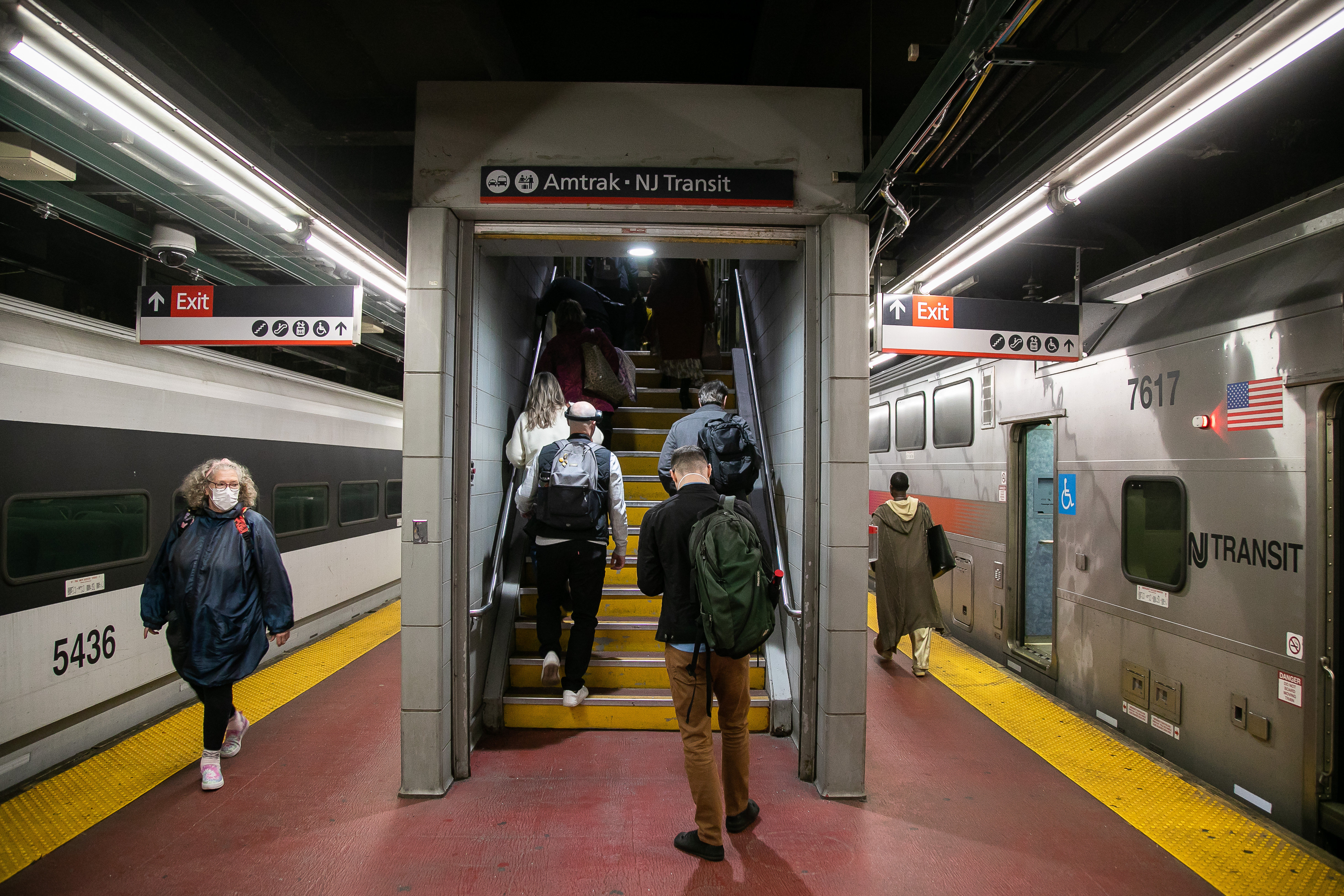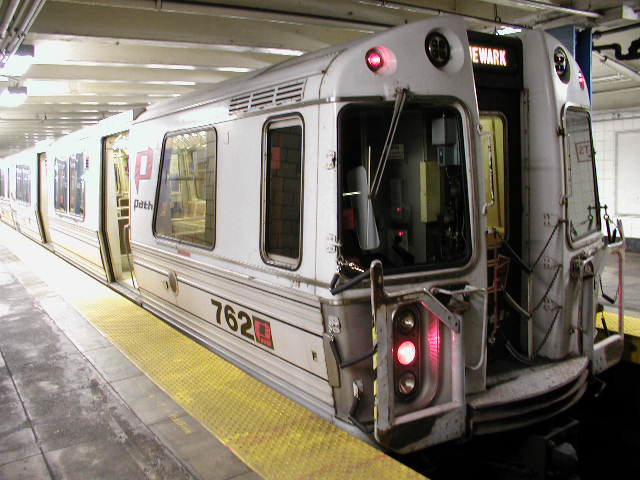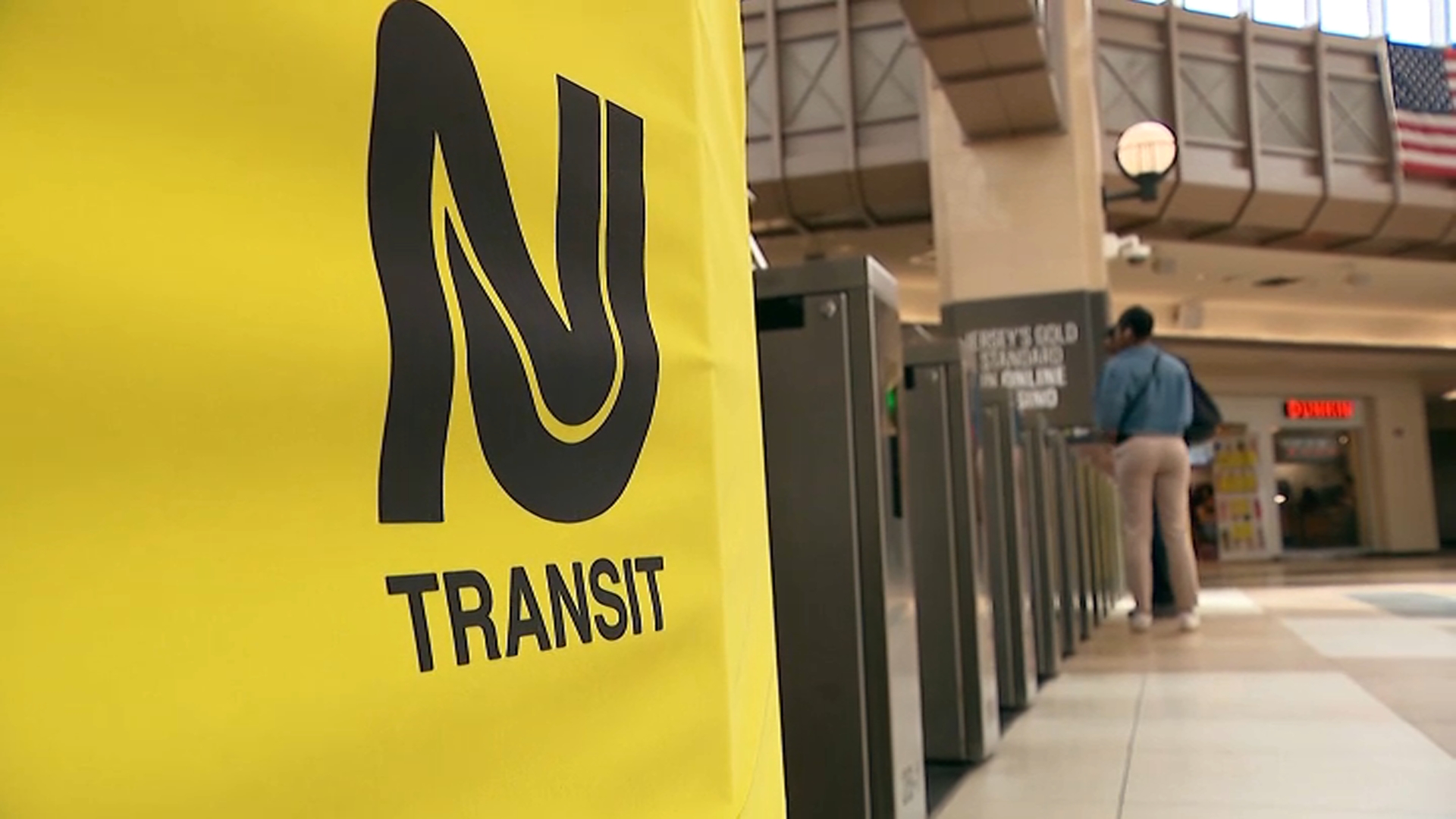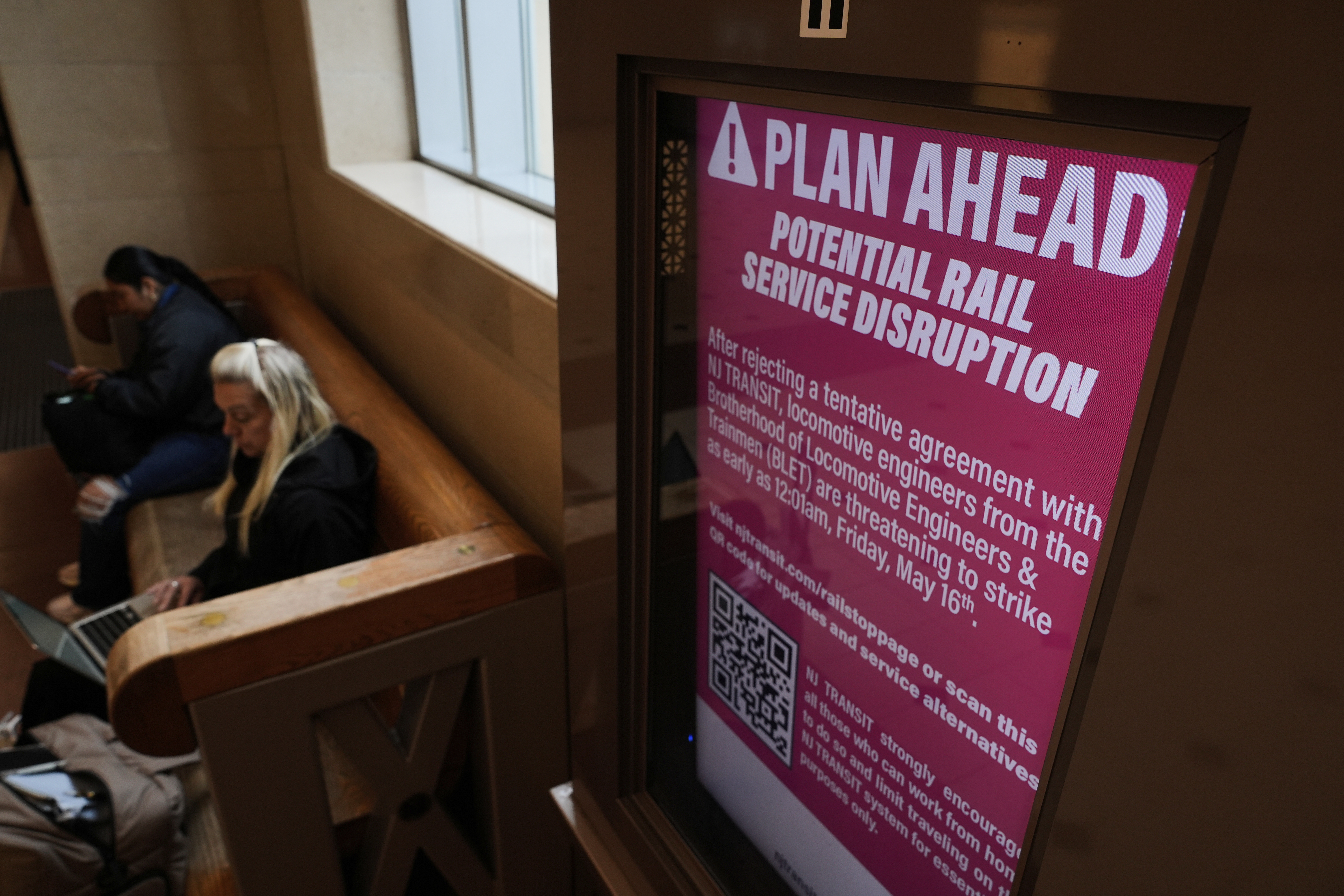NJ Transit Strike in May: What Riders MUST Know!
NJ Transit Strike in May? What Commuters Need to Know NOW!
Introduction: Brace Yourselves, NJ Transit Riders!
Hold on tight, New Jersey commuters! You might be facing some serious disruptions to your daily routine. NJ Transit, the lifeline for hundreds of thousands, is potentially heading towards a rail strike in May. Yes, you read that right. A strike. And not just any strike – one that could throw your meticulously planned schedule into complete chaos. So, what’s happening, why now, and what can you do about it? Let's dive in and find out what you need to know.
Why is a Strike Even Possible?
Okay, let's break down the drama. The union representing NJ Transit's rail engineers recently rejected the transit agency’s latest contract offer. This isn't just a minor disagreement; it's a fundamental clash that could bring the entire rail system to a screeching halt. Think of it like a tense negotiation between a homeowner and a contractor. If they can't agree on a price or terms, construction stops, and nobody wins.
The Rejected Contract: What's the Beef?
While the specifics are complex and involve intricate details of compensation, benefits, and work rules, the core issue boils down to this: the engineers feel they're not being fairly compensated for their labor. They argue that their current wages and benefits don't reflect the demanding nature of their jobs and the rising cost of living in the region. Think of it as asking for a raise because the price of everything else is going up!
The Dreaded Date: May 16th – Mark Your Calendars!
Circle May 16th on your calendar – that’s the potential day NJ Transit trains could stop rolling. That’s the looming deadline, the day when commuters' lives might be significantly altered. This isn't just another Tuesday; it could be the day the transportation world turns upside down for New Jersey.
Who's Affected? A Lot of People, Actually!
We're talking about hundreds of thousands of commuters. The direct impact will be felt by those who regularly use NJ Transit's rail lines. However, the ripple effect will spread far beyond. The agency shifts to buses in order to get people moving. Consider the 350,000 people who use the buses, trains and light rails daily.
The Domino Effect: Beyond the Rails
It's not just the rail lines that will be affected. Think about the overcrowded highways, the increased traffic congestion, and the parking nightmares that will ensue as people scramble to find alternative ways to get to work. Even those who don't directly use NJ Transit will likely experience indirect consequences.
NJ Transit's Surprising Stance: "Work From Home?"
Here's a curveball: NJ Transit appears to be encouraging some customers to work from home in May. Now, that’s a bit surprising, isn't it? A transit agency telling people to avoid transit? It’s like a coffee shop suggesting you drink tea. This move suggests they are anticipating significant disruptions and are trying to mitigate the chaos by reducing the number of commuters needing transport.
Is Remote Work the Answer?
While working from home might be a viable option for some, it's not a universal solution. Many jobs require a physical presence, and not everyone has the luxury of a comfortable home office. But NJ Transit's nudge towards remote work highlights the potential severity of the situation.
What Are the Alternative Transportation Options?
So, if the trains stop running, what are your options? Let’s explore some alternatives, keeping in mind that each has its own set of pros and cons.
- Buses: NJ Transit has stated that it will shift to buses to get people moving, but buses are already struggling to keep up and likely to get more crowded.
- Driving: Prepare for increased traffic and parking hassles. It’s going to be a battle for every parking spot.
- Carpooling/Ride-Sharing: A more social option, but requires coordination and might not fit everyone's schedule.
- Ferries: If you live near a ferry terminal, this could be a viable option. But be prepared for potentially long lines.
- Biking/Walking: For shorter distances, these are healthy and eco-friendly options. Just consider the weather!
How to Prepare for a Potential NJ Transit Strike: A Checklist
Okay, let's get practical. Here’s a checklist to help you prepare for the possibility of a strike:
- Stay Informed: Keep up-to-date with the latest news and announcements from NJ Transit and the unions.
- Plan Ahead: Explore alternative transportation options and create a backup plan.
- Talk to Your Employer: Discuss the possibility of working from home or adjusting your work schedule.
- Consider Carpooling: Reach out to colleagues or neighbors who live nearby and explore carpooling options.
- Pack Your Patience: Whatever you choose, expect delays and frustrations. A positive attitude can go a long way!
The Economic Impact: More Than Just a Commuting Headache
A prolonged NJ Transit strike could have significant economic consequences for the entire region. Think about the lost productivity, the increased fuel costs, and the impact on businesses that rely on commuters. It's not just a transportation issue; it's an economic one too.
Businesses on the Brink
Small businesses, in particular, could feel the pinch. Restaurants, shops, and other businesses that rely on foot traffic from commuters might see a significant drop in revenue. This could lead to layoffs or even closures, exacerbating the economic impact.
What Can You Do to Help?
While you might feel powerless in the face of a potential strike, there are things you can do. Express your concerns to your elected officials. Support local businesses that may be affected. And most importantly, be patient and understanding with your fellow commuters.
The Negotiation Dance: Can a Deal Still Be Reached?
The million-dollar question: Can a deal still be reached before May 16th? The answer is yes, but it requires both sides to be willing to compromise. Negotiations are ongoing, and there's always a chance that a last-minute agreement can be reached. But time is running out.
The Role of Mediation
In many labor disputes, mediation plays a crucial role in bringing the parties together. A neutral mediator can help facilitate discussions, identify common ground, and find creative solutions that might not be apparent otherwise.
The Future of NJ Transit: Beyond This Strike
Regardless of the outcome of these negotiations, the potential strike highlights the need for long-term solutions to address NJ Transit's challenges. Investing in infrastructure, improving service reliability, and ensuring fair wages for employees are all critical steps towards a more sustainable future.
Conclusion: Stay Vigilant, Stay Prepared!
The possibility of an NJ Transit strike in May is a serious concern for commuters and the entire region. Stay informed, prepare alternative transportation plans, and be ready for potential disruptions. While a deal could still be reached, it's better to be safe than sorry. Keep your eyes peeled, your ears open, and your alternate routes mapped out. The next few weeks could be a bumpy ride, but with a little preparation, you can weather the storm. Don’t be caught off guard – be ready!
Frequently Asked Questions (FAQs)
Here are some frequently asked questions about the potential NJ Transit strike:
- Q: When could the NJ Transit strike start?
A: The potential start date for the NJ Transit strike is May 16th. - Q: Who is affected by the strike?
A: Primarily, commuters who use NJ Transit rail lines will be directly affected. However, the ripple effect will impact drivers and others relying on buses and light rail. - Q: What alternative transportation options are available?
A: Options include buses, driving (expect increased traffic), carpooling, ferries, biking, and walking. Consider which works best for your commute. - Q: Is there a chance the strike will be averted?
A: Yes, negotiations are ongoing, and there's a possibility that a last-minute agreement can be reached. Stay tuned for updates. - Q: What can I do to prepare for the strike?
A: Stay informed, plan alternative transportation routes, consider working from home if possible, and discuss carpooling with colleagues.






